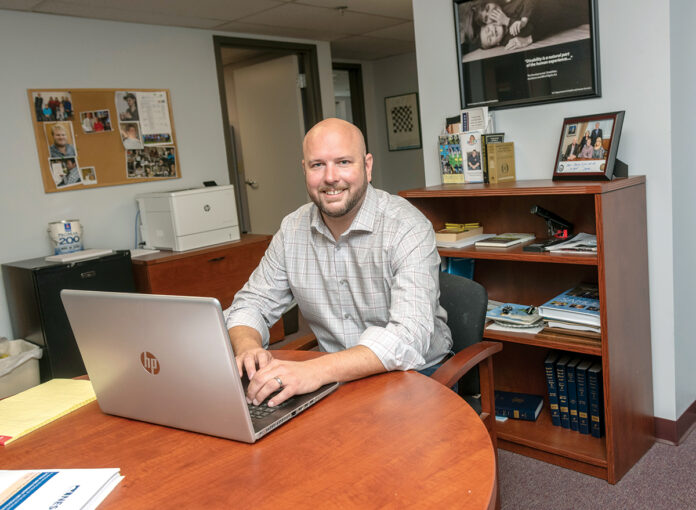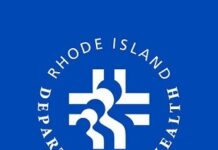Kevin Nerney | Executive director, Rhode Island Developmental Disabilities Council
1. Briefly explain how the RIDDC has helped the developmental disabilities community succeed on the path of self-employment and entrepreneurship. We have built a program to assist people and their business regardless of where they are in the process. From a glimmering idea to an established business, we have [a] full array of classes, support and opportunity to assist them. There are six classes available, which include topics such as focusing an idea, writing a business plan, building supports, developing an elevator pitch, marketing and branding, finances and bookkeeping, and social media. Our annual Small Business Saturday Shop RI is always on the Saturday after Thanksgiving. There’s over 100 businesses in one location where thousands of people come to shop from locally owned businesses.
2. How was the Small Business Saturday Shop RI event handled this year in light of the pandemic? Thousands of people congregating [was] not possible. Our staff [worked] tirelessly to put together a virtual event for Small Businesses Saturday.
3. How else has the pandemic changed the efforts of RIDDC? We focus on civil rights, housing, education, recreation and just about every area of life. When the pandemic hit, many of our projects had to be delayed and our focus had to change. We have worked with a coalition of advocates to ensure that people have access to health care, including behavioral and mental health, that they can be accompanied into a hospital, that there is enough PPE [personal protective equipment] and that providers safely reopen.
4. How did removing in-person programs, such as the business classes or others, create challenges for those with developmental disabilities? Humans need personal contacts and community. Even prior to the pandemic, this was a priority for the council. People with intellectual or developmental disabilities are already at high risk for isolation and the ills that stem from isolation, such as abuse and neglect. The pandemic has highlighted this issue, and we continue to address it.
5. What are some future goals when it comes to education and training efforts post-COVID? We want to expand and innovate. Our focus remains ensuring that people with I/DD are full members of the community, including the business community. We will continue to demonstrate the benefits of community inclusion and participating in the entrepreneurial world.
Alexa Gagosz is a PBN staff writer. Contact her at Gagosz@PBN.com.












